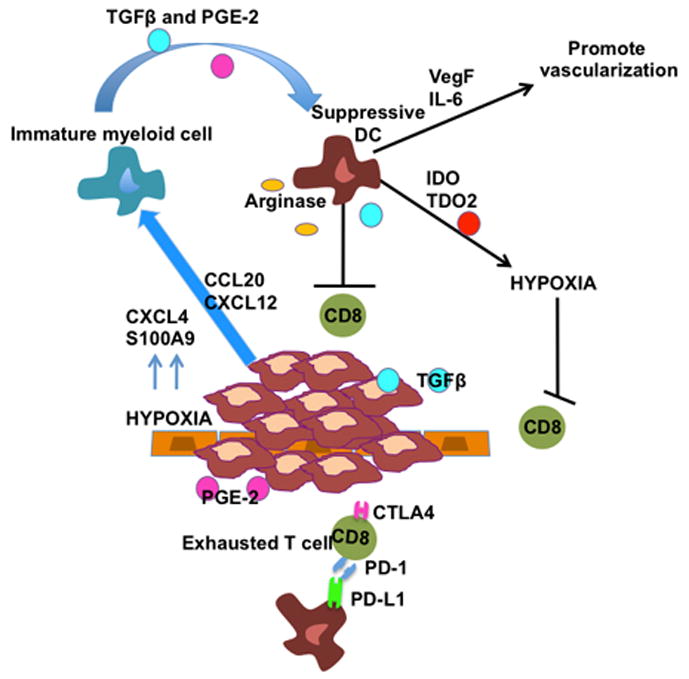Figure 1. Dendritic cell plasticity influences tumor progression.

During aggressive malignant expansion of tumor cells, immature myeloid cells are recruited into the tumor microenvironment (TME) by CCL20 and CXCL12 produced by tumor cells or CXCL4 and S100A9 (upregulated in hypoxic environments). In the TME immature myeloid cells are converted into suppressive regulatory DCs by TGFβ and PGE-2 produced by the tumor cells. Suppressive DCs cooperate with the developing tumor mass to promote escape by secreting VegF and Il-6 (supporting angiogenesis), producing IDO and TDO2 (establishing a more hypoxic and immunosuppressive microenvironment) and secretion of immunosuppressive factors such as TGFβ and arginase (directly impeding T cell function). T cells become exhausted characterized by upregulation of inhibitory receptors such as PD-1 and CTLA4. This immunosuppressive tumor microenvironment impairs CD8 T cell anti-tumor responses, resulting in tumor escape.
